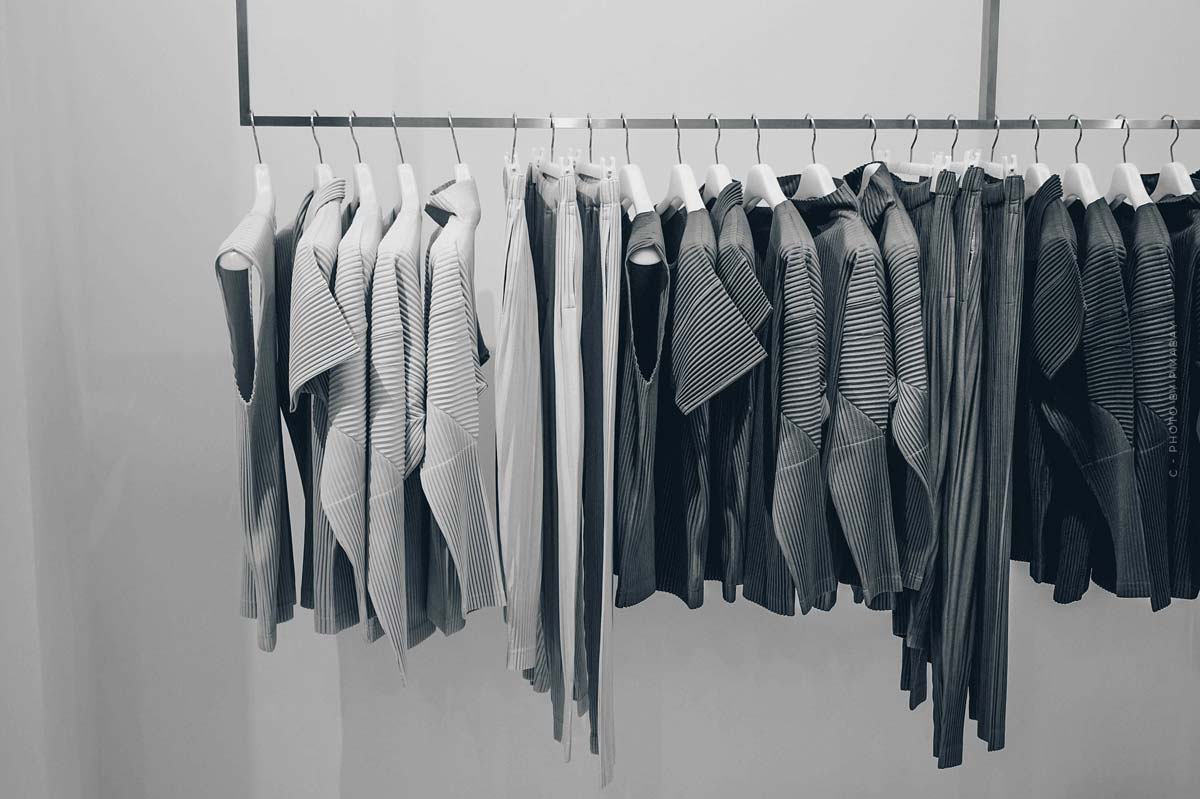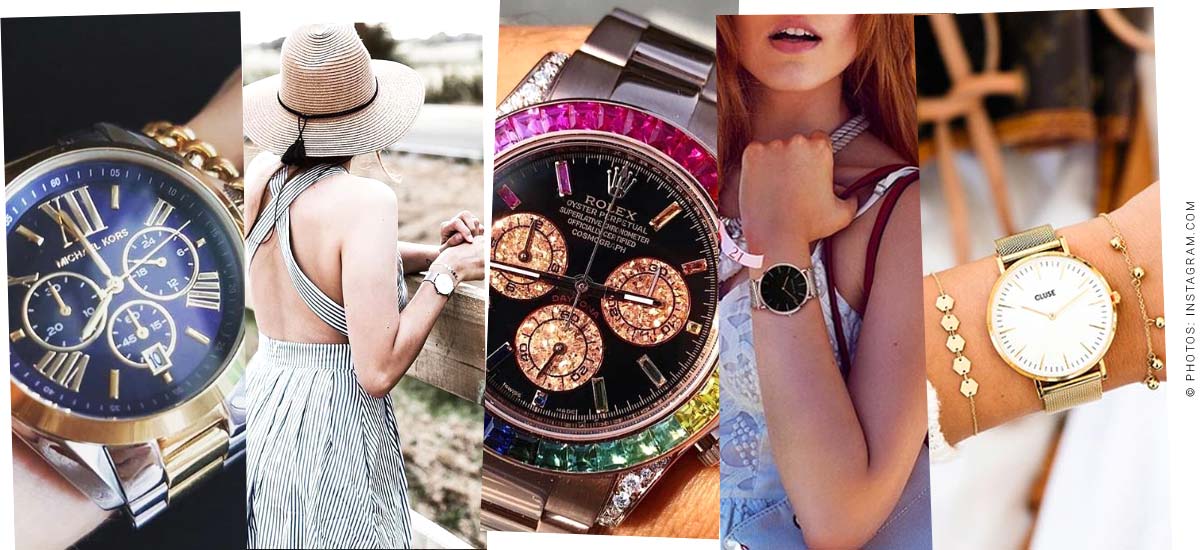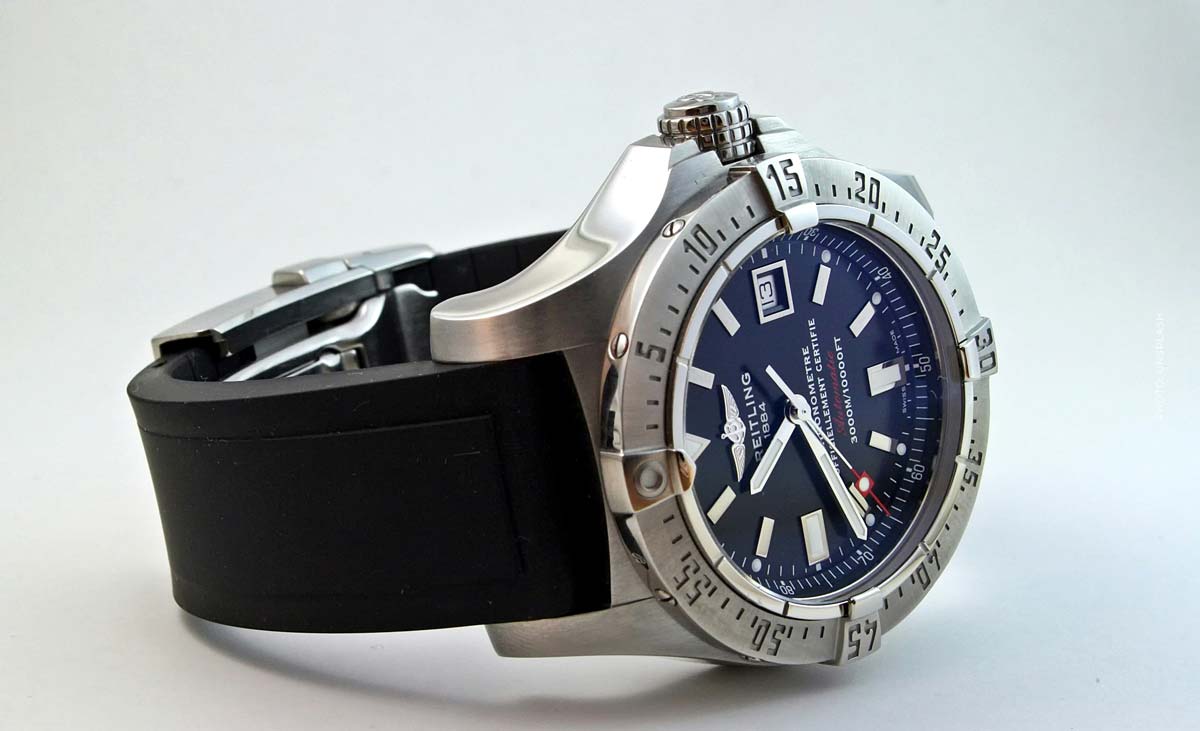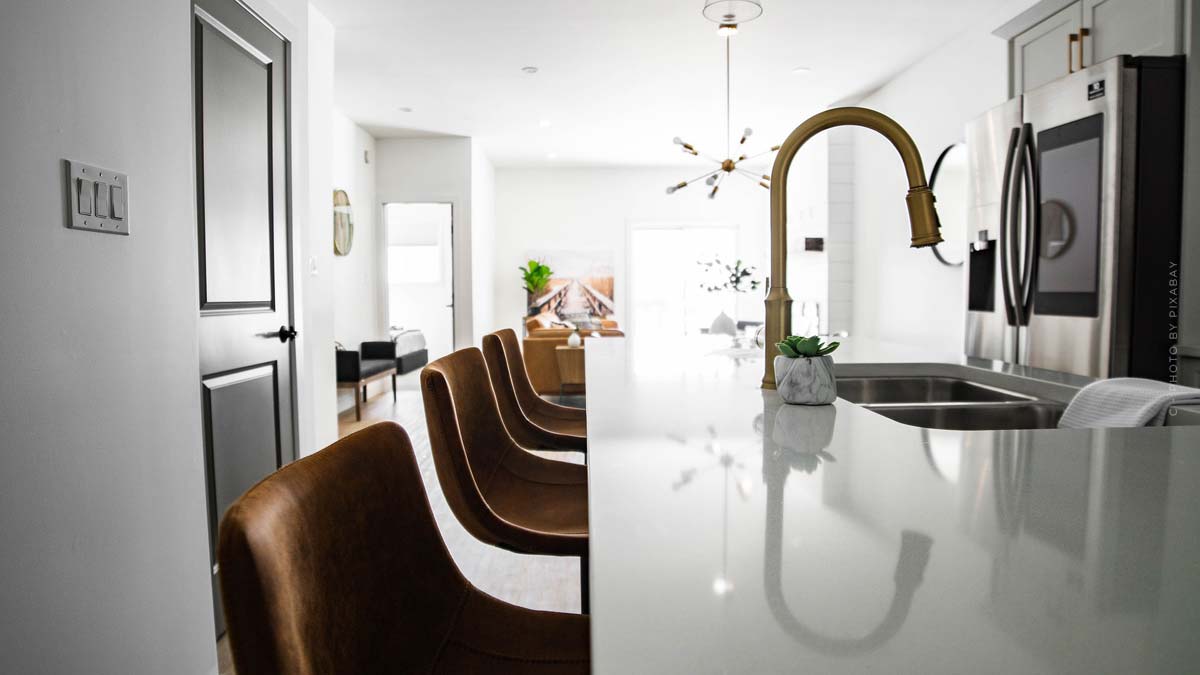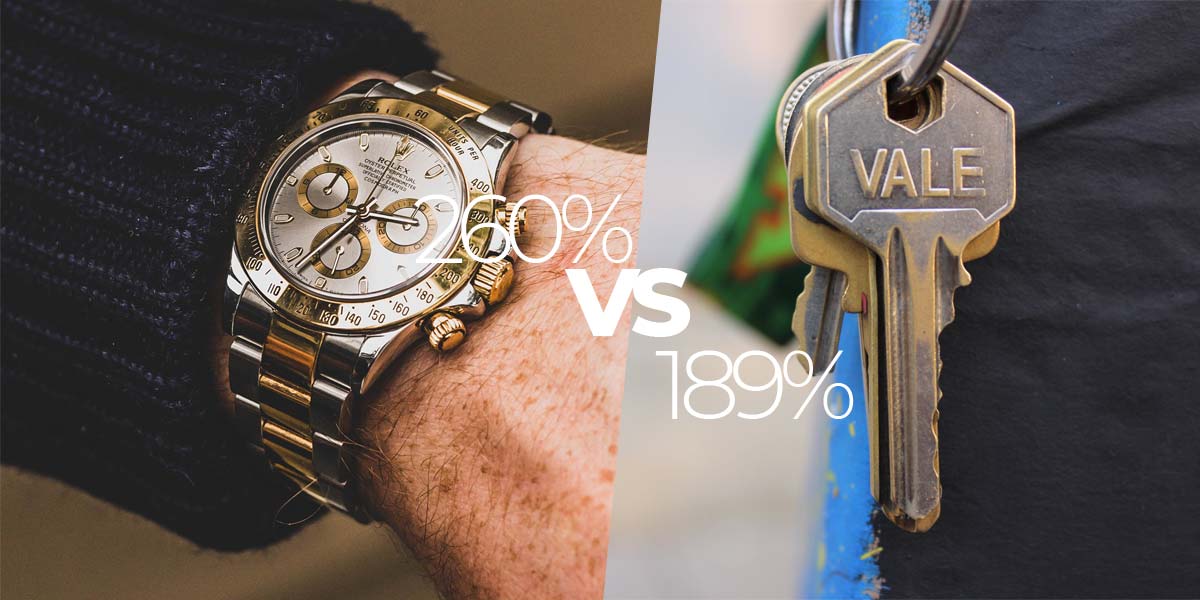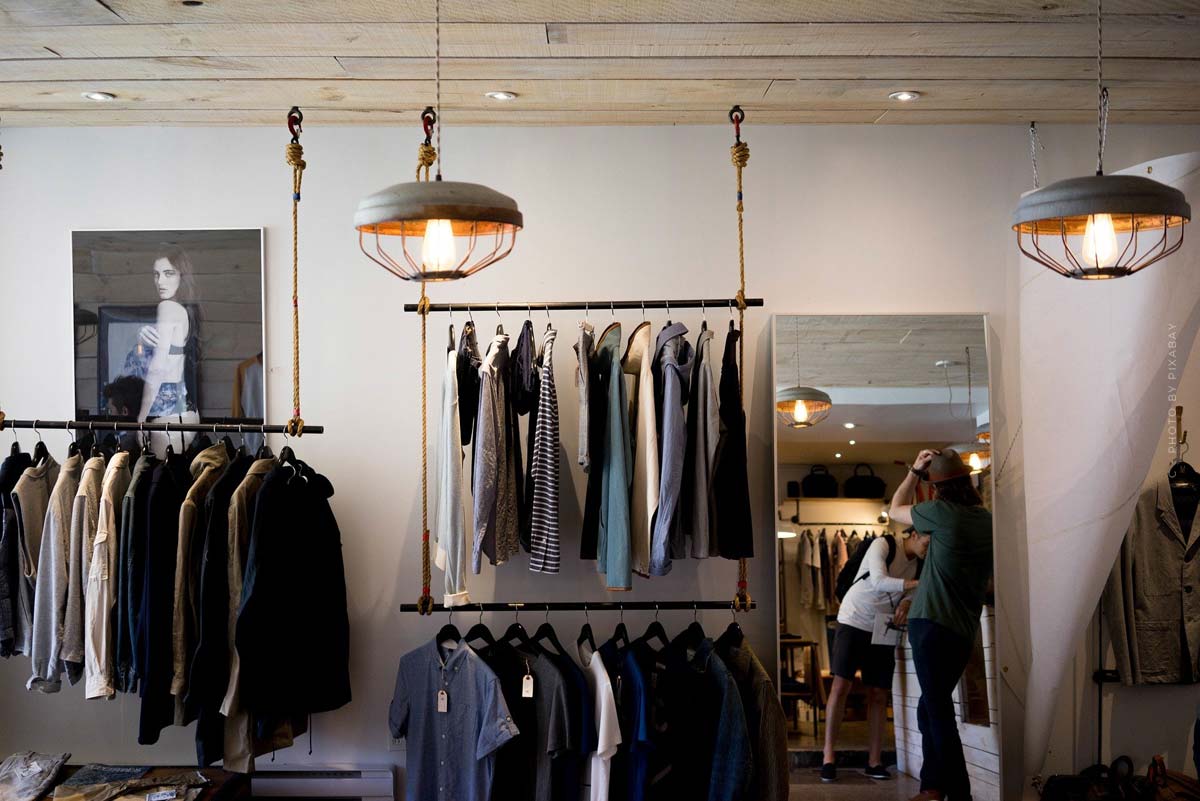What does luxury mean? Between ostentation and sustainability – A definition in flux
What does luxury mean? At first glance, luxury is often associated with the world of the rich and beautiful. In the past, expensive and rare goods in particular were considered a sign of money, splendor and consumption. However, the definition of luxury is subject to constant change, characterized by ideal values such as joy, freedom and happiness. The new generations, in particular, embody a new sense of luxury that focuses on a fulfilled life and eventful experiences. So what does luxury mean? Our editors set out to find out.
The meaning of luxury
When people think of the word ‘luxury’, an image of superfluous, expensive goods and services often comes to mind. For a long time, luxury was considered the ultimate sign of prosperity and a high standard of living. After all, luxury has often had an exclusive reputation in the past. For example, expensive cars, extravagant restaurants and prestigious fashion brands are still considered a sign of prosperity today. Whether it’s a Breitling watch, designer jeans or your first condominium – for many, luxury is what you don’t take for granted.
Not always a material good
Yet this does not always have to be a material good. In fact, luxury can also consist of immaterial things. A relaxing vacation, a nice experience in the morning or simply spending time with friends and family can definitely be perceived as luxurious without the need for a material background. Luxury is often about the feeling of exclusivity and specialness, regardless of whether it is a material good or not.
Differences depending on the country
The definition of luxury also varies from country to country. While in some cultures luxury is associated with swanky cars and expensive designer handbags, in other countries a simple lifestyle focused on sustainability and modesty is perceived as luxurious.
Country-specific preferences are therefore clearly discernible. In German-, Italian-, English- and Japanese-speaking countries, time spent with friends and family is seen as small luxury moments in everyday life. In Spain, the feeling of luxury is associated with expressing oneself visually and dressing as one pleases, and for the French, the word luxury brings to mind a tasty meal and a lovely wine.
This means luxury in the different countries:
- Germany, Italy & Co: Time with friends & family
- Spain: Self-expression and freedom
- France: Tasty food
A definition in flux
What is luxury and what is not depends to a large extent on cultural, historical and economic factors. At the same time, the perspective on luxury is currently changing. A new standard is taking hold, characterized by a modest yet comfortable lifestyle.
So in today’s society, the importance of intangible luxuries is increasing. Many people value a healthy lifestyle, sustainability and spiritual fulfillment. So a relaxing weekend in nature, a yoga session or a good book can be perceived as luxurious experiences.

Even the little things in life count
Luxury can also mean taking time and leisure for the little things in life and being happy about them. This is not necessarily about material things, but rather about focusing your attention on the things in life that are really important. It can be about taking time to spend with those close to you, focusing on your hobbies and interests, or simply being out in nature. For many people, this is a form of luxury that is priceless and gives them more joy and satisfaction in life.
What does luxury mean to you?
Luxury is therefore a subjective concept and differs from person to person. While for some, material possessions and the associated quality of life embody the concept of luxury, for others, the focus is on enjoying the little things in life. It’s about a holistic approach where luxury also means driving positive change. In this way, consuming luxury not only means adding personal value, but also benefits the planet and people. So what does luxury mean to you?

